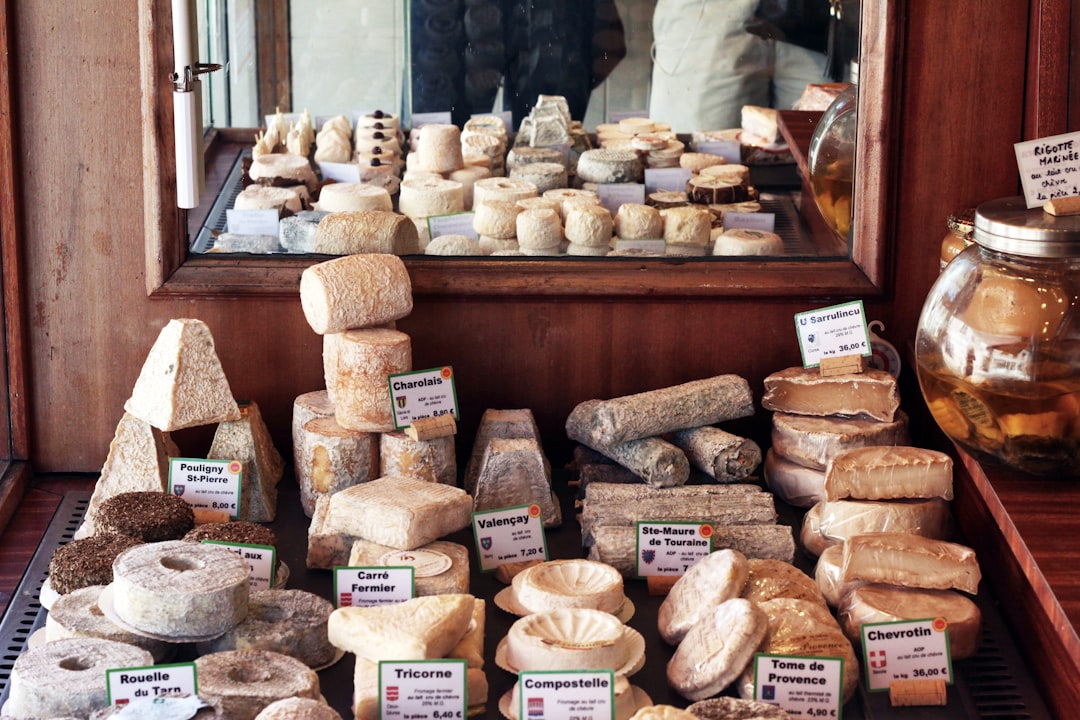In today’s times, people are becoming more aware about what they eat and their diets. There are countless diet varieties such as veganism, vegetarianism, keto, and paleo, each with its own set of guidelines as to what can be eaten and what cannot. This article will focus on foods that are not vegetarian and vegan.
For reference, the definition of vegetarian is a diet that does not include meat, poultry, or insects. There are many different kinds of vegetarianism including lacto-vegetarians who consume dairy products, ovo-vegetarians who consume eggs, and pescatarians who consume seafood. For the purpose of this article, vegetarianism will be defined as a diet including dairy, but not meat, eggs, seafood, or poultry.
The definition of veganism is a bit stricter than vegetarianism. Those following a vegan diet do not consume meat, eggs, seafood, poultry, dairy products, and honey (for some individuals). In short, vegans do not consume any animal products.
Over thousands of years, different uses of ingredients have been found to produce desired characteristics in foods. Some of these ingredients are derived from sources that are not vegetarian or vegan. This makes foods such as marshmallows or worcestershire sauce that are thought to be vegetarian and vegan friendly unsuitable for people following those diets.
Having grandparents who are vegetarian and being vegetarian myself, I have become increasingly cognizant of different additives that are derived from meat. Many of these are quite surprising and can be commonly found in items I would not have given a second thought to. As a result, I decided to compile a list of ingredients, foods, and additives which are not vegetarian and/or vegan even though the food item may appear to be.
Gelatin
Gelatin is made from boiling skin, tendons, ligaments, and bone typically from cows and more commonly, from pigs. Gelatin is used as a thickening agent and is commonly found in foods such as Jell-O, marshmallows, and gummy candy (gummy bears, gummy worms, etc).
Verdict: Not vegetarian or vegan
An alternative: Agar-Agar, which is derived from seaweeds and has similar properties as gelatin
Cheese
Cheese is made from dairy and a compound such as rennet is used in order to form curds from the milk. Rennet is derived traditionally from pig stomach and sometimes calf—a young cow—stomach. Some cheese manufacturers use this animal-derived rennet when making cheeses while others list rennet (i.e. microbial rennet) not made from animal sources. Be sure to read the ingredients label to make sure which rennet is used.
Verdict: Not vegan and sometimes not vegetarian depending on the coagulating agent used (ie. rennet)
Some alternatives: Vegetable or microbial rennet, which is derived from vegetables or produced by microbes such as yeast and bacteria so it is not derived from animals (though this is still not vegan)
White refined sugar
Sugar is derived from sugar canes—a natural plant with high concentrations of sugar. During the refining process though, for certain sugar companies such as C&H Sugar, bone char is used to filter out impurities and colorants from the sugar, leaving behind a whiter sugar end product.
Verdict: Not vegetarian or vegan depending on the sugar brand
Some alternatives: Organic sugar, unbleached or unrefined sugar, vegan sugar, or a brand according that does not use bone char. Sugar derived from pure beet sugar does not contain bone char
Before you buy your next bag of sugar, do your research as certain products sold by a company do use bone char while other products to not use bone char. The Vegetarian Resource Group compiled a list of sugars not containing bone char from some common sugar companies. PETA (People for the Ethical Treatment of Animals) also compiled a list of companies which do and do not use any bone char in their sugar products.
Lard
Lard is a type of fat rendered from pigs. It is a kind of saturated fat similar to butter, for which consumption leads to an increased risk of heart disease. Similar to oils and butter, it can be used to fry things in or to make pastries, refried beans, and even soaps.
Verdict: Not vegetarian or vegan
Some alternatives: Butter (not vegan), vegetable oils, and margarine (can be vegan depending on the listed ingredients)
Red food colorant
Colorants are used to color foods and come in a wide range of colors. For red in particular, one variation—natural red #4—is made from crushed up bugs. Other names for natural red #4 are carmine and cochineal extract.
Verdict: Not vegetarian or vegan
Some alternatives: beet root juice/extract, red #40 (derived from coal), and pomegranate juice
Castoreum
Castoreum is derived from beaver secretions and is used as an enhancer for vanilla, strawberry, and raspberry flavorings. Castoreum use has become increasingly rare in recent times due to the difficulty of extracting it from the beavers. On nutrition labels, castoreum is listed as part of the umbrella term “natural flavorings”, making it hard to know for certain if it is or is not included as an ingredient.
Verdict: Not vegetarian or vegan
Some alternatives: real extracts and flavorings or ones that do not list natural flavorings
Some Semi-Sweet and Dark Chocolate
Chocolate itself is made from cacao beans, which is a plant. The process to make chocolate does not include any animal products except for certain varieties such as milk chocolate which uses milk or milk powder to cut the bitterness of the cacao itself. However, certain brands such as Nestle Tollhouse and Ghirardelli add milk powder to their semi-sweet and dark chocolates as well, making even those varieties not vegan.
Verdict: Vegetarian, but not vegan (depending on the brand)
Some alternatives: Guittard or Trader Joe’s chocolate, in addition to other vegan chocolate brands
Whey
Whey is the water mixture left behind after making cheeses. As a result, if using a rennet derived from animals, the whey is not vegetarian. The whey is then dried down to make whey protein, which is used as a protein supplement in many items commercially available since it is a cheap form of protein, therefore making the items it is present in not vegan.
Verdict: Not vegan and sometimes not vegetarian depending on the curdling agent used when making the cheese (e.g. rennet)
Some alternatives: hemp seed protein and other protein powders, whey from cheeses made not using rennet
L. Cysteine
L. cysteine is an amino acid that is naturally produced in the body. It is used to make meat flavorings, in some bagels, in some breads, and some baby formula brands. L cysteine is present at high concentrations in bird feathers and many times, this bird-feather-derived cysteine is extracted from the birds’ feathers rather than produced synthetically in order to be used in the various products. When used in breads and bagels, the L. cysteine is used as a bread conditioner to help with the dough-raising process.
Verdict: If bird-feather-derived L. cysteine source is used, then not vegetarian or vegan
Some alternatives: Products without bird-derived L. cysteine or ones that use the synthetically produced version
Following a vegetarian and vegan diet is already hard without the addition of animal-derived ingredients or additives hiding in the ingredients list. Regardless of your diet, it is important to know where your food comes from especially if you have dietary restrictions which would prevent you from eating that food item.
Especially if you follow a vegetarian or vegan diet, you should look into the ingredients going into the foods you eat since they might not be vegetarian and vegan despite you thinking the might be.









